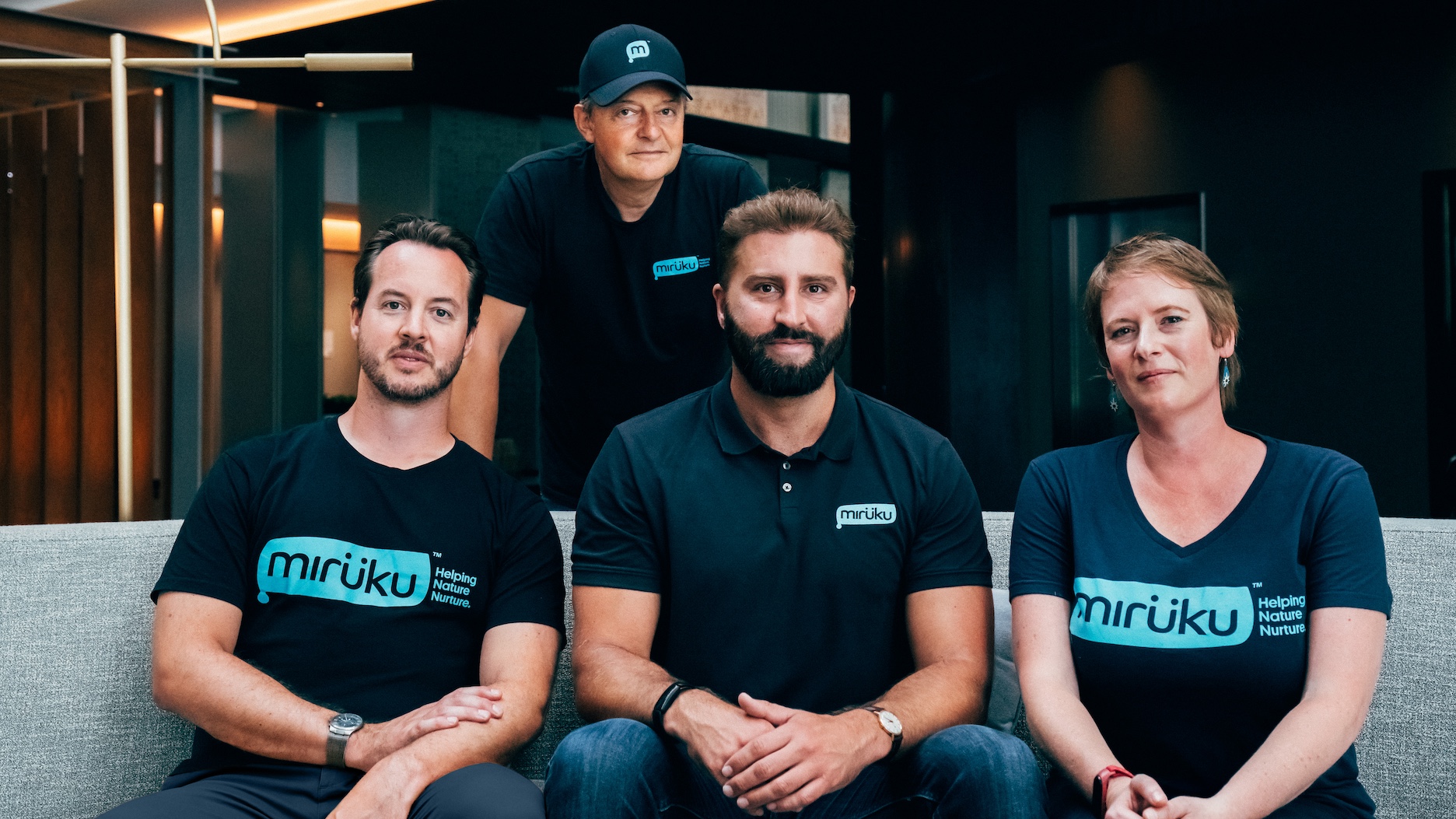
While the food tech investment sector figured itself out last year, Miruku, a New Zealand-based food tech company, was busy getting ahead of molecular farming technology. That proactive strategy put the company about “three to four years ahead of emerging competitors,” CEO Amos Palfreyman told TechCrunch.
“Miruku has not only aimed to navigate the challenges presented by the shifting climate impacting traditional dairy production, but has also broadened our focus to address critical issues of food security and nutrition,” Palfreyman said via an email interview.
TechCrunch profiled the company in 2022 when it raised $2.4 million in seed funding to develop molecular farming technology to program plant cells to be mini factories for producing proteins and other molecules, like fats and sugars, traditionally made by animals.
Miruku is not alone in using molecular farming technologies to create dairy products. Mozza Foods and Nobell Foods do as well, but Palfreyman says his company focuses on business-to-business and modifies both proteins and fats within the same plant. It also chose to use safflower as its primary crop due to its climate resilience.

Miruku’s management, from left, Thomas Buchanan, Ira Bing, Amos Palfreyman and Abby Thompson. Image Credits: Miruku
Since the seed round, the company made advancements in its proprietary dairy seed system. Initially, Miruku focused on programming plants to produce dairy proteins that could be extracted from seeds. That approach has since expanded to leverage interactions between recombinant dairy casein and native plant proteins, with or without improved fatty acid profiles.
“This breakthrough allows us to utilize a larger portion of the seed, transforming it into a range of versatile ingredients tailored for the food and beverage industry,” Palfreyman said. “We’ve now reached several key proof-of-concept milestones demonstrating the viability and potential of the dairy seed system.”
During that time, the company also tripled the size of its team and formed relationships with a number of food manufacturing partners for some co-development opportunities. In addition, Miruku broadened its footprint to Israel as well as Australia, which was selected as the launchpad for initial market entry.
Today, the company announced $5 million in what Palfreyman called a pre-Series A round. It was led by Motion Capital and included seed round investor Movac and new investor NZVC. He didn’t disclose the valuation, but did say it was an “up round.”
The new capital enables Miruku to expand its crop development efforts. This includes a partnership with CSIRO (Commonwealth Scientific and Industrial Research Organization), the Australian government agency responsible for scientific research. As such, the company will take its modified safflower varieties into field trials in Australia, Palfreyman said.
“Above all, our priority is to advance our technology and progress towards market readiness,” Palfreyman said. “This includes expanding our footprint in Australia and looking at establishing a presence in the United States.”
techcrunch.com




